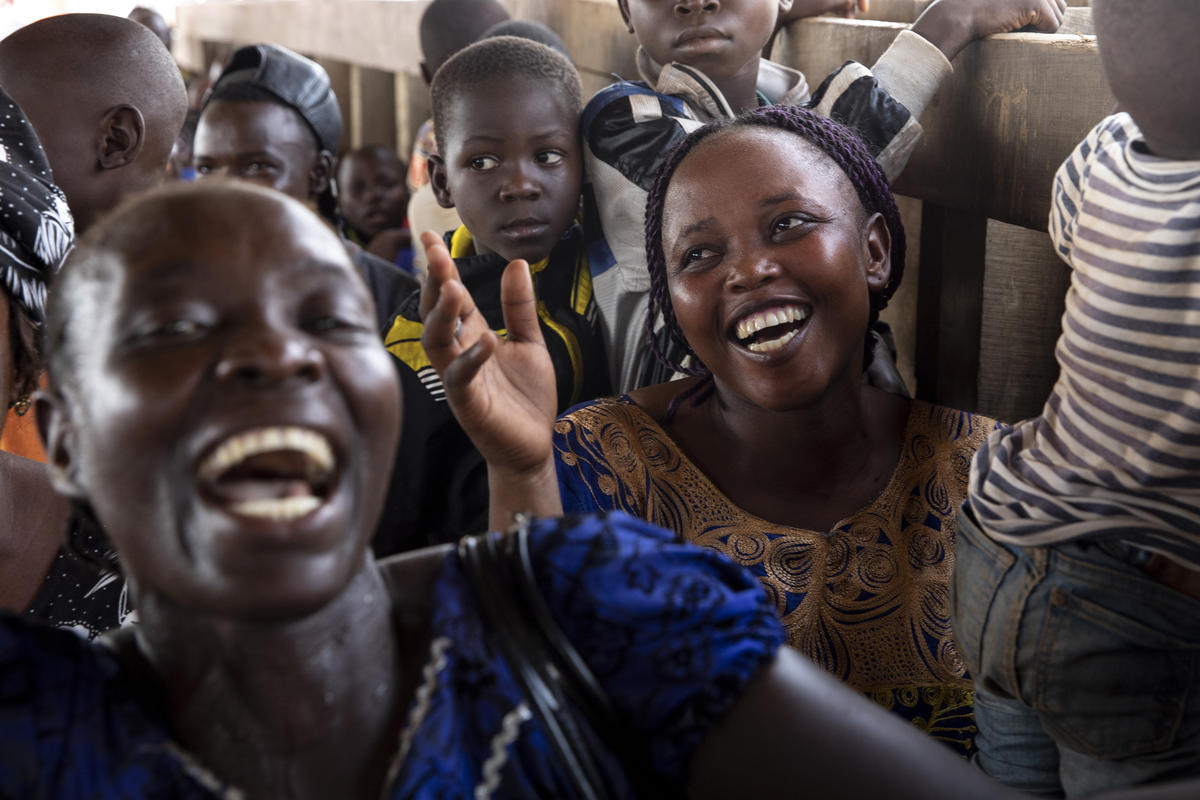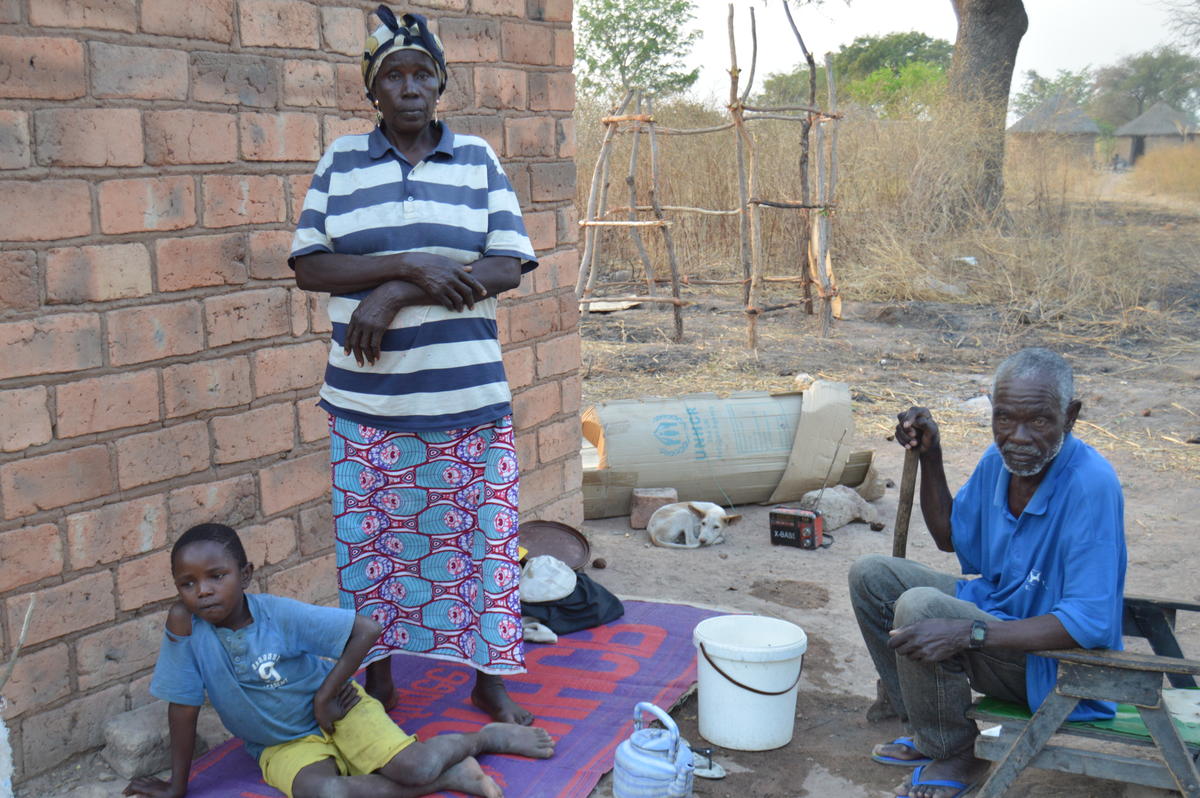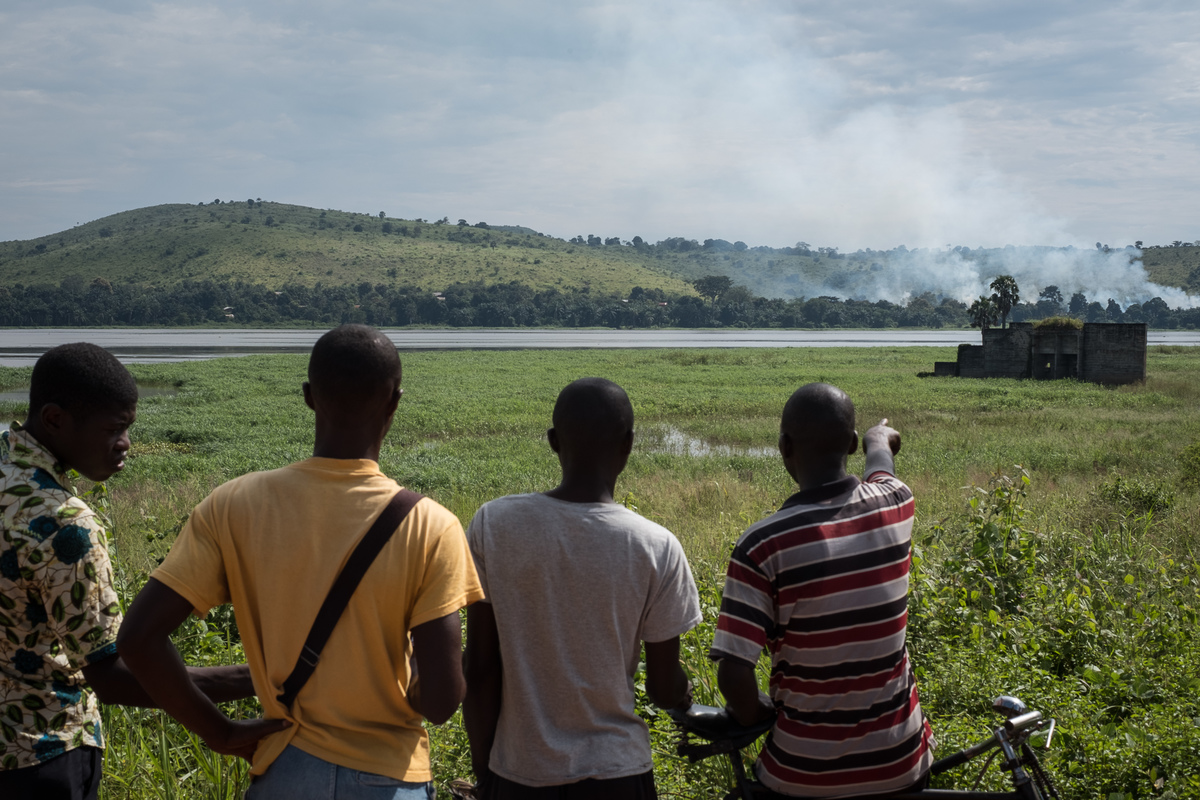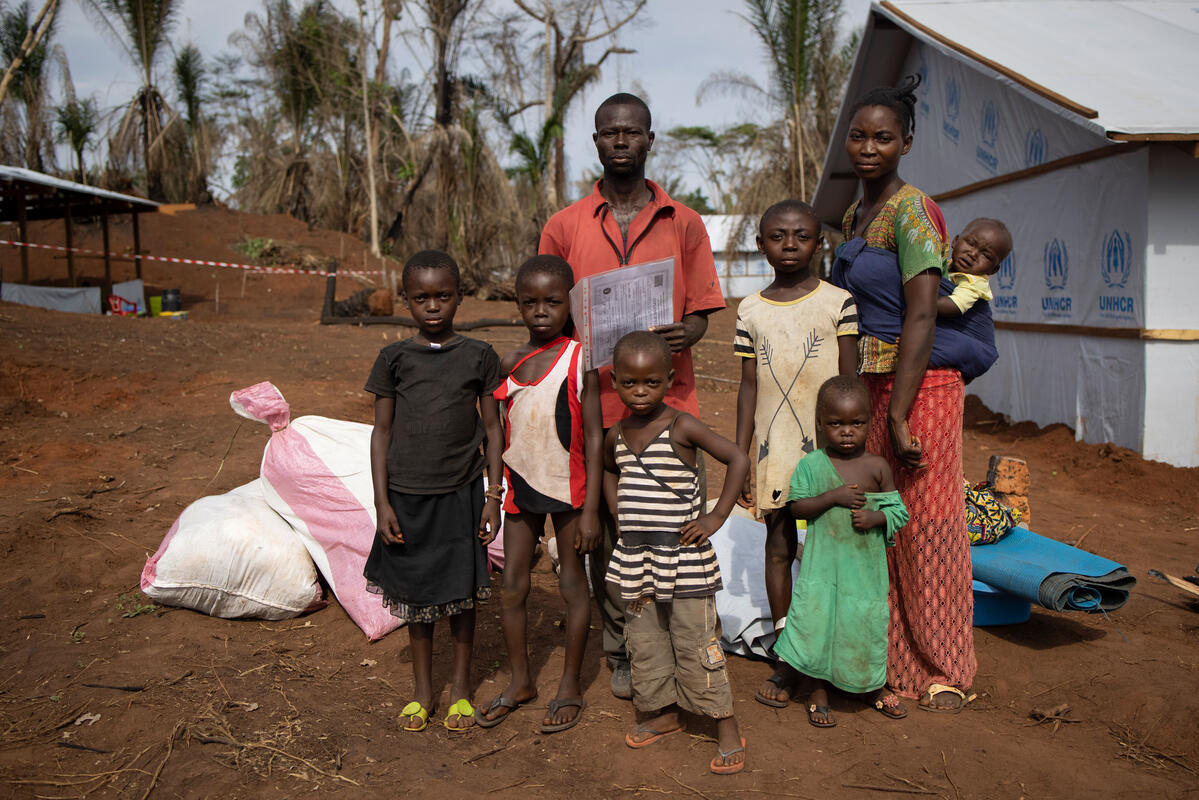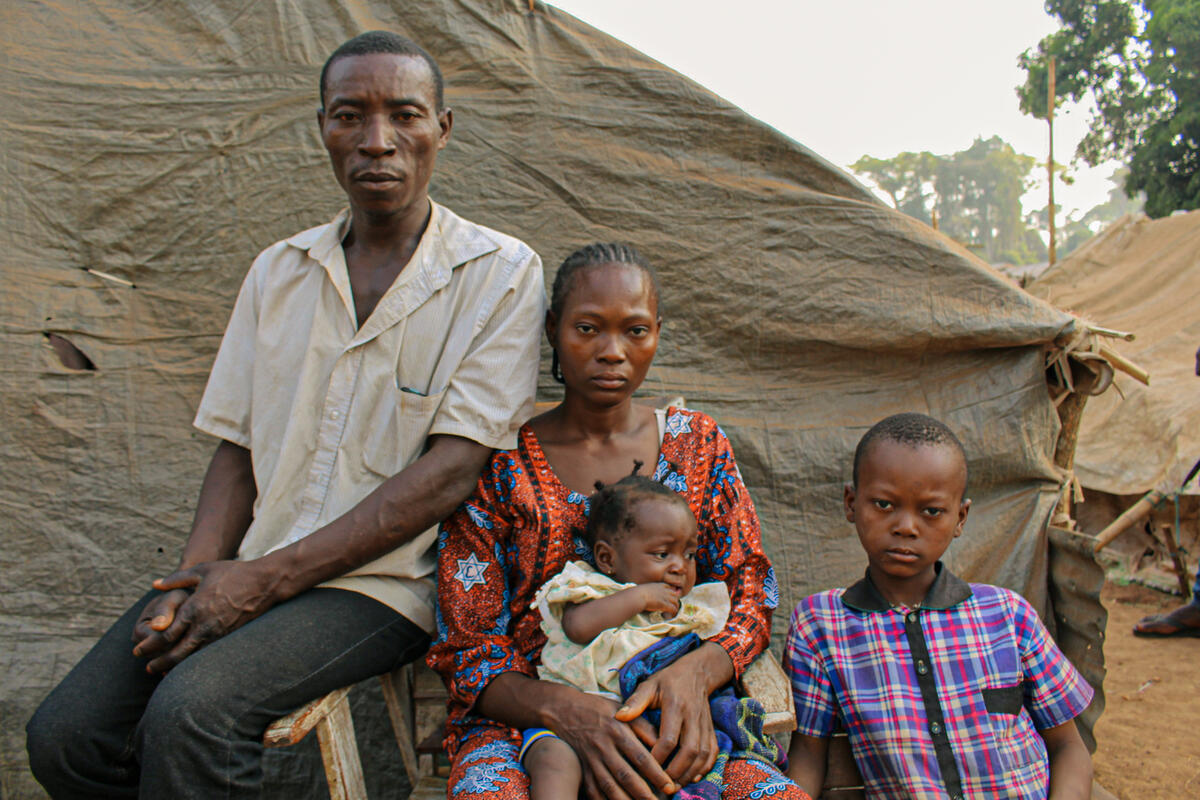Central African refugees, exiled across the river, long for home
Central African refugees, exiled across the river, long for home
Jean-Pierre Rondossi gestures across the Ubangi River towards the other bank, pointing to where his home and his heart lie.
A 10-minute canoe ride away are the charred ruins of the village of Wapale, in the war-torn Central African Republic (CAR), which he and his family fled in fear in May last year as fighting between rival armed groups drew near.
Its residents fled across the choppy waters in their dugout canoes to the Democratic Republic of the Congo (DRC) as soon as they heard gunfire in the neighbouring village. They knew theirs would be the next to be attacked.
"I found my wife in panic. We fled straight away.”
Wapale now lies empty, its houses burned down, its cattle stolen, and its fields of coffee, manioc and peanuts looted and vandalized.
Jean-Pierre, his mother, his wife and four children live in the makeshift village of Kpakpo in the DRC, which shelters 800 people who fled riverside villages in the CAR.
“One day I was coming back from school, and I found my wife in panic. We fled straight away,” the 40-year-old former teacher says. “This is why I am still wearing the same shoes and trousers I wore in class that day. This is all I could bring with me.”
Like many of the men, he survives by fishing on the river, but life is tough without access to their fields, a stone’s throw away on the other side. The women work as day labourers for 30 US cents a day on land owned by local people.
More than 60,000 CAR refugees have arrived in the DRC since May 2017. UNHCR, the UN Refugee Agency, has helped many of them, and their host communities, by drilling wells, providing medical supplies and helping to expand local schools. It is also preparing the transfer of some of the most vulnerable to a refugee camp.



